Be Alert to Impersonators
If a request for identifying information is unexpected, don’t give any information. It is most likely a scam. It’s common for an unexpected request to take many forms: a text, call or email. These will often come from company/organizations you trust, like your bank, a family member or a charity. If you receive an unexpected request in an email for identifying information like your social security number, don’t click links in the email. Instead, type the company name into your web browser, go to their site, and contact through customer service.
Check the Number You Have on File
Unfortunately, online is not the only place where you could fall victim to having your data stolen. When someone claiming to be your bank or credit card company calls regarding your account, make sure you compare the number that called you to the number that you have on file for them. If it doesn’t match, hang up and call the number that you have on file to make sure you’re talking to who you think you are.
Safely Dispose of Personal Information
Before you get rid of a computer, make sure to dispose of all the personal information it stores. Passwords, identifying information, etc.
Keep Passwords Private
Use strong passwords with your laptop, credit, bank, and other accounts. Be creative with your password. A good trick is to think of an easy to remember phrase for yourself, such as “I want to see the Pacific Ocean” and abbreviate it: “1W2CtPo”.
Securing Your Social Security Number
Keep close tabs on your Social Security Number and ask questions before handing it over to someone. Ask why they need it, how it will be used, how they will protect it, and what happens if you don’t share the number. Don’t ever feel forced to share your SSN, because it’s your decision to make.
